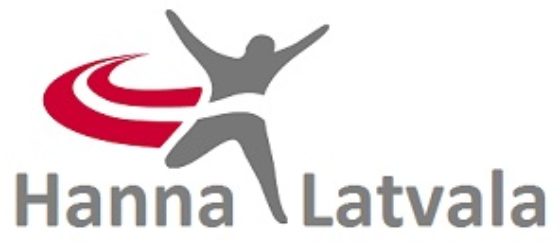Embarking on a thrilling motorcycle journey goes beyond helmets and open roads; it involves understanding the heart of your ride—the engine. From the simplicity of single-cylinders to the power of V4 configurations, each engine type offers a unique experience. This article explores engine intricacies, providing insights beyond the handlebars. Moreover, in the digital age, the importance of bike insurance cannot be overstated, with online platforms offering convenient options such as online bike insurance renewal and specialised apps to check two-wheeler insurance, ensuring that riders are well-protected on every twist and turn.
Single-Cylinder Engines:
Single-cylinder engines, with only one cylinder, are simple and affordable, making them ideal for smaller bikes. While compact and lightweight, they may exhibit challenging balancing and strong vibrations, limiting suitability for long trips or high-performance racing.
Parallel-Twin Engines:
Parallel-twin engines utilise two cylinders in a side-by-side configuration. Although more balanced than single-cylinder engines, they still experience strong vibrations. Benefits include ease of use, smooth operation, and good performance.
Inline-Three Engines:
Inline-three engines consist of three cylinders arranged in a row. While lacking high power and top speeds, they offer excellent torque at low and medium RPMs, providing a smooth and comfortable ride with low vibrations.
Inline-Four Engines:
Inline-four engines have four cylinders arranged in a row. Common in supersports and superbikes, they offer low resonances, high power, and smooth operation. However, they tend to be larger and heavier.
Trans V-Twin Engines:
V-twin engines have two cylinders arranged in a V shape. “V-twin trans” indicates parallel alignment, offering lightweight and a tremendous power-to-size ratio. “V-twin long” refers to a longitudinal arrangement, providing superior air cooling and balance.
L-Twin Engines:
L-twin engines feature one upright and one horizontal cylinder, forming an L shape. Found in Ducati bikes, they offer fantastic balancing and a tremendous power-to-size ratio but may exhibit resonances at higher speeds.
V4 Engines:
V4 engines combine two V-twins with two cylinders at each end of the V. They offer low vibrations, excellent performance, and good harmonising but come with higher manufacturing costs due to their complexity and weight.
Flat-Twin (Boxer Twin) Engines:
Flat-twin engines have two horizontal cylinders on each side of the crankshaft, providing excellent balancing and air cooling. Found in specific BMW road bikes, they have a limitation on lean angle due to their size.
Two-Stroke and Four-Stroke Engines:
Two-stroke engines, identifiable by unique exhaust systems, are less common today. Four-stroke engines are more reliable, cleaner, fuel-efficient, and require less maintenance.
As we conclude our journey into the diverse realm of motorcycle engines, it becomes evident that knowledge about your bike goes hand in hand with a fulfilling riding experience and also getting reliable bike insurance. Additionally, in today’s digital landscape, ensuring the safety and longevity of your two-wheeled companion involves leveraging technology. Claims are subject to terms and conditions set forth under the motor insurance policy. *
Online bike insurance renewal provides a hassle-free way to keep your coverage up to date, while apps like the Bajaj Allianz two-wheeler insurance app streamline the process, making checking and managing your insurance more accessible. Claims are subject to terms and conditions set forth under the motor insurance policy. *
Get insured anytime, anywhere! Check out Bajaj Allianz General Insurance website to learn more and download the app now.
*Standard T&C Apply
Disclaimer: The content on this page is generic and shared only for informational and explanatory purposes. It is based on several secondary sources on the internet and is subject to changes. Please consult an expert before making any related decisions.
Insurance is the subject matter of solicitation. For more details on benefits, exclusions, limitations, terms, and conditions, please read the sales brochure/policy wording carefully before concluding a sale.

